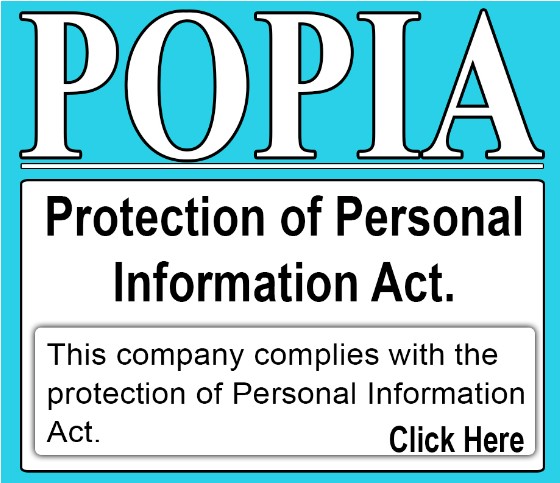RUSTENBURG HERALD - RUSTENBURG - According to local reports from the National Institute for Communicable Diseases (NICD), South Africa has had 50 confirmed cases of whooping cough since January 2024. To combat instances of this disease, the public has been urged to take immediate action and prioritise vaccination.
The most vulnerable group for this type of disease, infants, are unfortunately predominantly infected by parents, siblings, and other caregivers. As such, vaccination is the most effective tool to ward off this illness.
A second vulnerable group, expectant mothers, also need to be more vigilant as, even though whooping cough is preventable, pregnant women are at greater risk, due to the natural suppression of their immune systems during pregnancy. Scientifically speaking, pregnant women who become infected are more likely to experience severe illness and complications, including respiratory distress and increased hospitalisation. Consequences can be even more serious for infants under one year, as they may experience pneumonia, brain damage, and, in the most severe cases, death.
Early diagnosis not only saves lives, but also substantially improves community health outcomes. Individuals suspecting they're infected should consult their pharmacist or healthcare provider immediately.
Whooping cough symptoms:
* A mild cough and runny nose (similar to a cold).
* After one to two weeks, it can lead to severe, prolonged coughing fits, especially at night, with a "whooping" sound when breathing.
* Thick mucus may be produced, and a high-pitched wheeze might follow.
* Vomiting from intense coughing can also occur.
Healthy habits to ward of infection:
* Good hygiene habits (regular handwashing and covering your mouth and nose with a tissue when you cough or sneeze).
* Throw used tissues in the bin and if you don't have a tissue, cough or sneeze into your elbow, not your hand.
* During the final weeks of pregnancy, it's crucial to avoid close contact with individuals showing symptoms as whooping cough bacteria can spread through airborne droplets.
* Individuals are also advised to stay informed about symptoms and prevention measures to enable information sharing, raise awareness, and prevent spreading.










